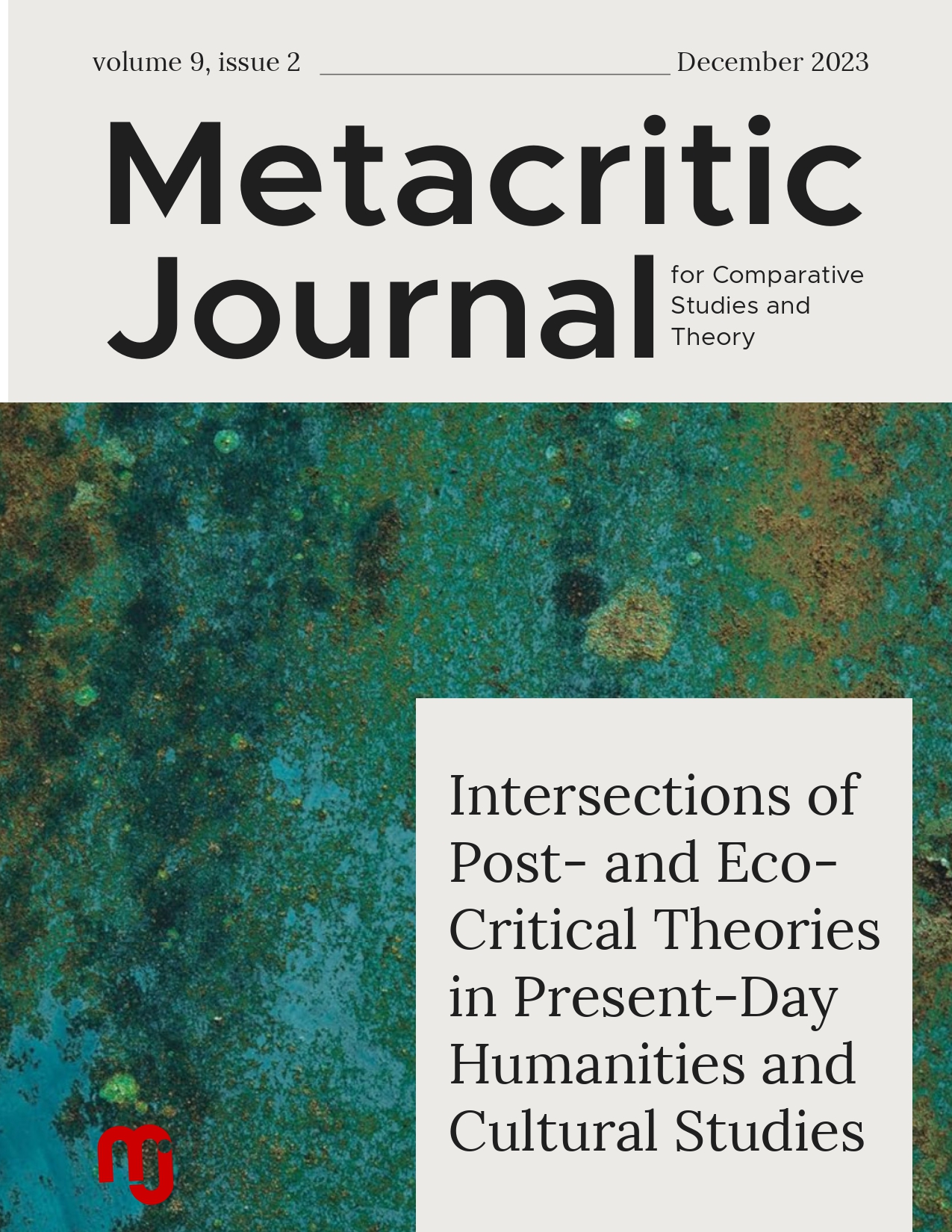Anonymity, Peace and Speculative Presence in Isabelle Stengers’ Cosmopolitical Thinking
Anonymity, Peace and Speculative Presence in Isabelle Stengers’ Cosmopolitical Thinking
Author(s): Erik BordeleauSubject(s): Politics / Political Sciences, Philosophy, Language and Literature Studies
Published by: Universitatea Babeş-Bolyai
Keywords: cosmopolitics; Isabelle Stengers; peace; speculative pragmatism; political philosophy;
Summary/Abstract: How does speculative pragmatism induce new ways to think, feel, imagine and act? Take Isabelle Stengers’ cosmopolitical proposal. It involves two different concepts of peace: first, the “diplomats’ peace”, which is the always precarious, creative and technical result of contingent negotiations — a compositionist approach that relates to the political realm of representation proper. Second, the “speculative possibility of peace”, which constitutes an indispensable requisite for the cosmopolitical proposal, and which stands beyond its limits, at speculative and erotic distance, as pure process attractor. In the passage from politics to cosmopolitics, what is at stake is the very possibility of a peaceful coexistence between heterogeneous worlds, a peace whose mode of existence is nothing but propositional or virtual, a pure possibility that could as such effectively make a difference. But how can the most abstract, imperceptible and tenuous mode of existence possibly induce transformations of a political kind? How can it arouse our faculty of imagination and operate as a ‘lure for feeling’? How can it get a hold over (faire prise) and actually “infect” somebody else’s dreams? Here lies perhaps the paradox of the fundamentally anonymous experience of thought and lived abstraction that Stengers calls speculative presence, and which expresses a soulful and pragmatist understanding of (cosmo)politics.
Journal: Metacritic Journal for Comparative Studies and Theory
- Issue Year: 9/2023
- Issue No: 2
- Page Range: 178-192
- Page Count: 15
- Language: English

